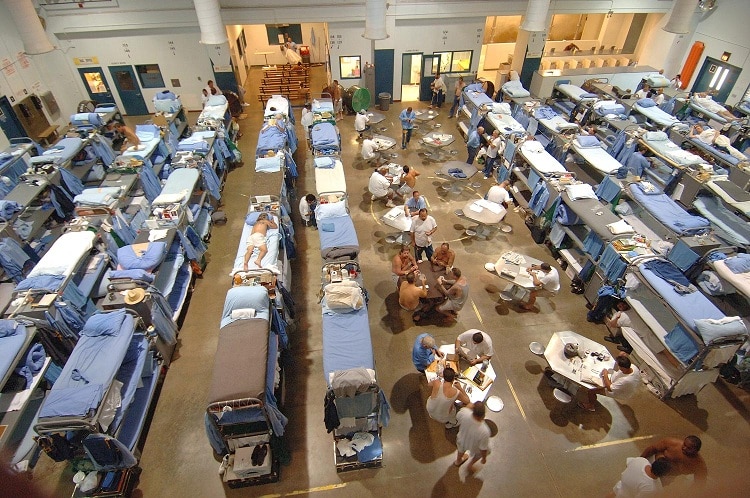Next year will be a defining one for US politics. The presidential election will set the stage for the future of how the country approaches dire issues like climate catastrophe, healthcare and housing shortages and mass incarceration. But state legislatures are equally important, and are primed to take significant steps forward in the pursuit of criminal justice reform.
Restoring voting rights to formerly incarcerated people and ending cash bail have enjoyed major wins in states across the country, and there are even more opportunities to build on these advances, outlines a December 12 report by the Prison Policy Initiative, a nonprofit, criminal justice reform-oriented think tank.
Here are 10 steps for state legislatures that the organization advocates:
1. Eliminating probation fees and regulating privatized probation services
2. Banning Departments of Corrections taking kickbacks from prison retailers
3. Decreasing state incarceration rates by reducing jail populations
4. Repealing ineffective and harmful “sentencing enhancement” zones
5. Offering medication-assisted opioid treatment to reduce deaths in prison
6. Protecting in-person visits and letters from home in local jails
7. Ending automatic driver’s license suspensions for nonpayment of fines and fees, and for drug offenses unrelated to driving
8. Capping maximum probation terms
9. Reducing or eliminating jail time for technical violations
10. Reducing barriers to housing for formerly incarcerated people
Photograph of an overcrowded California state prison; courtesy of California Department of Corrections via Wikimedia Commons





Show Comments